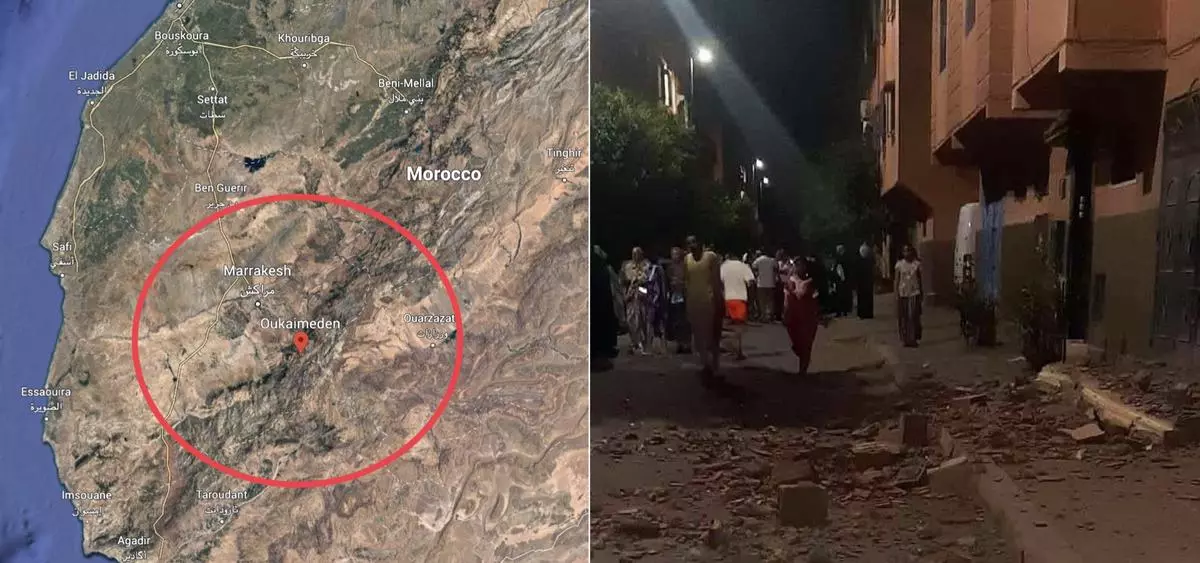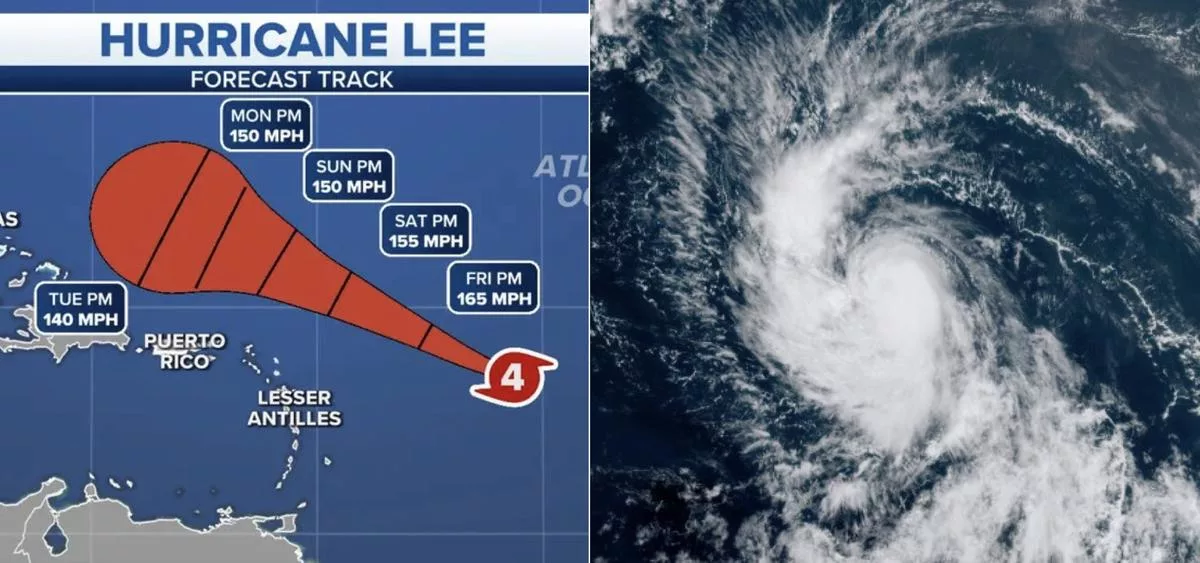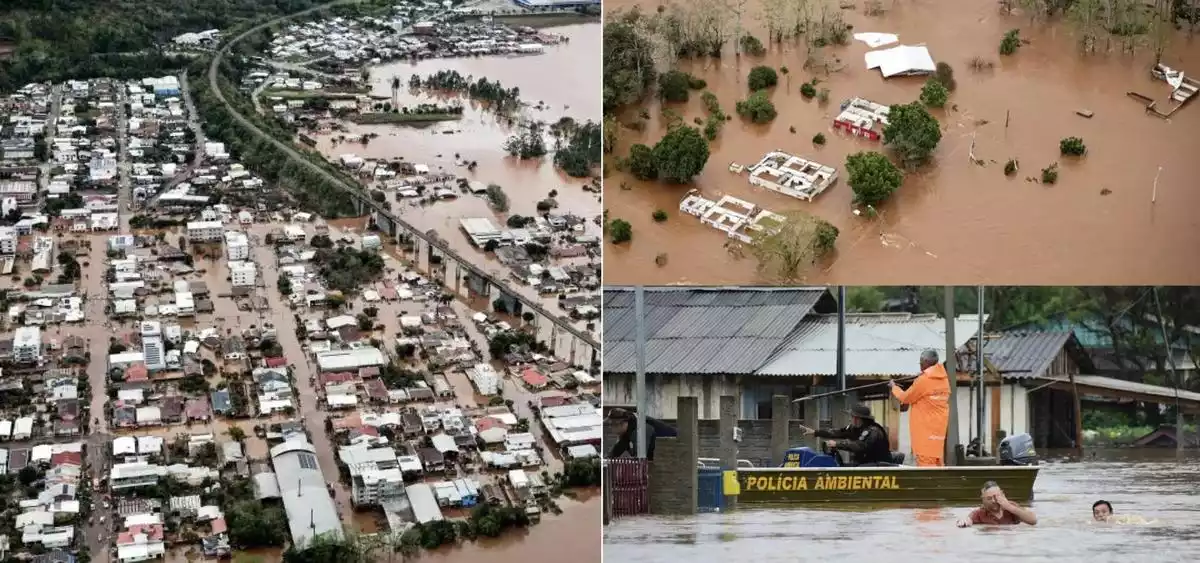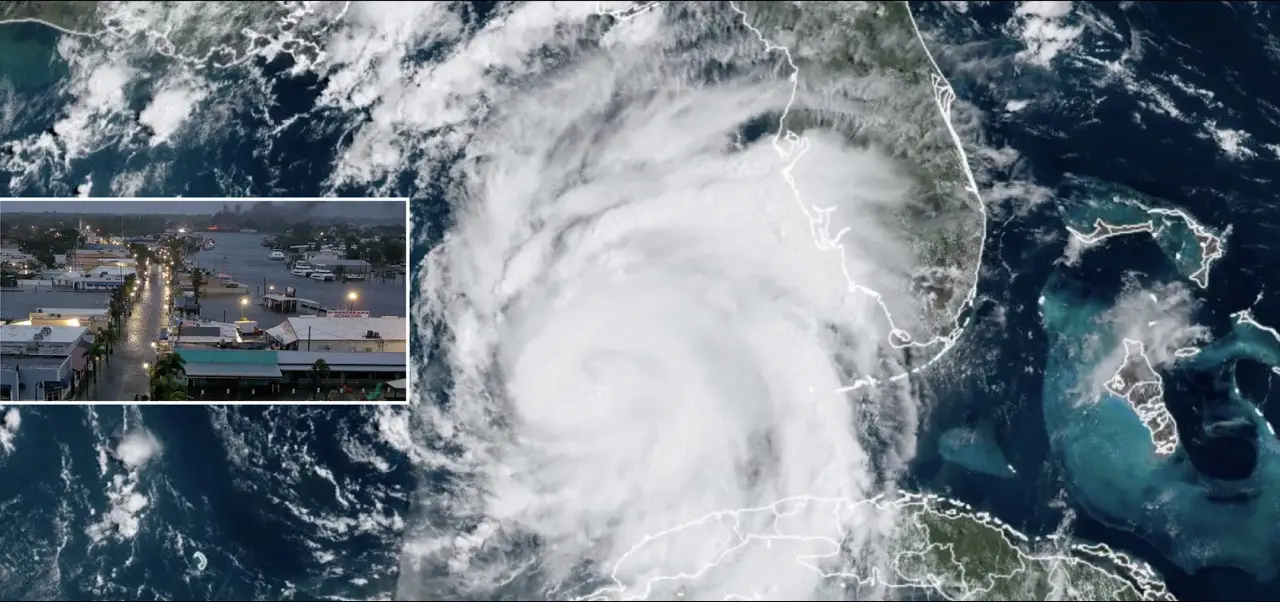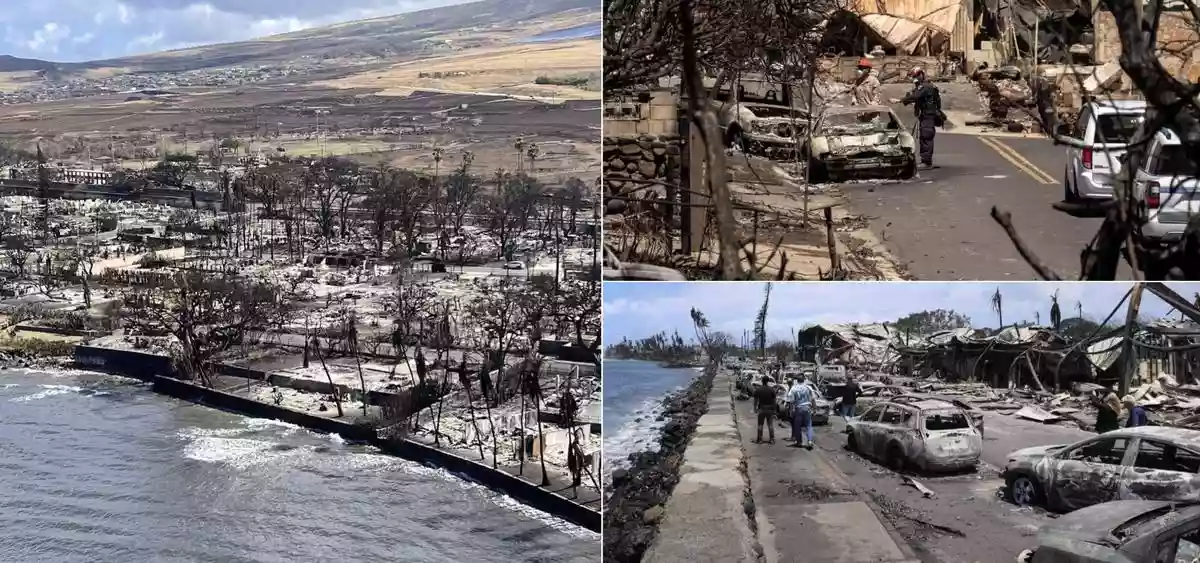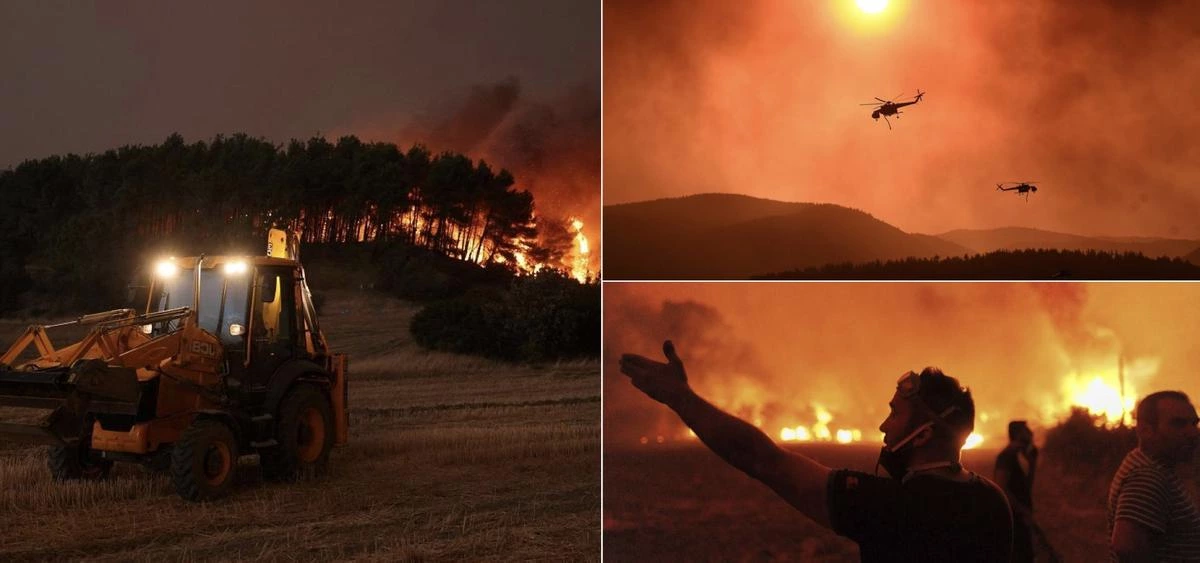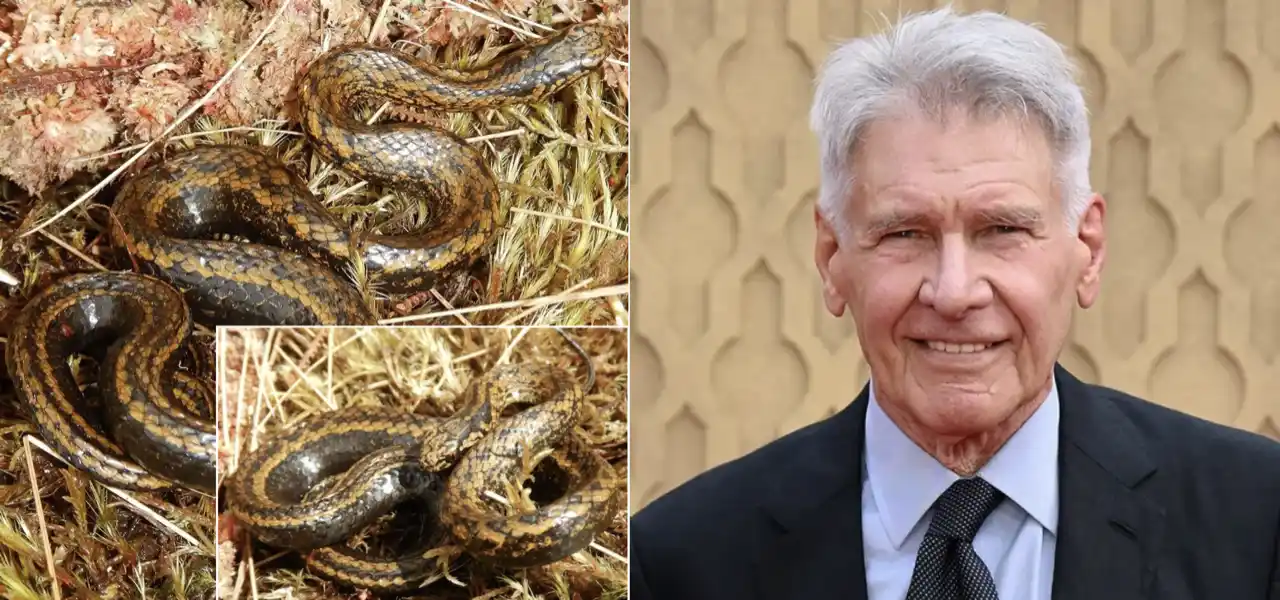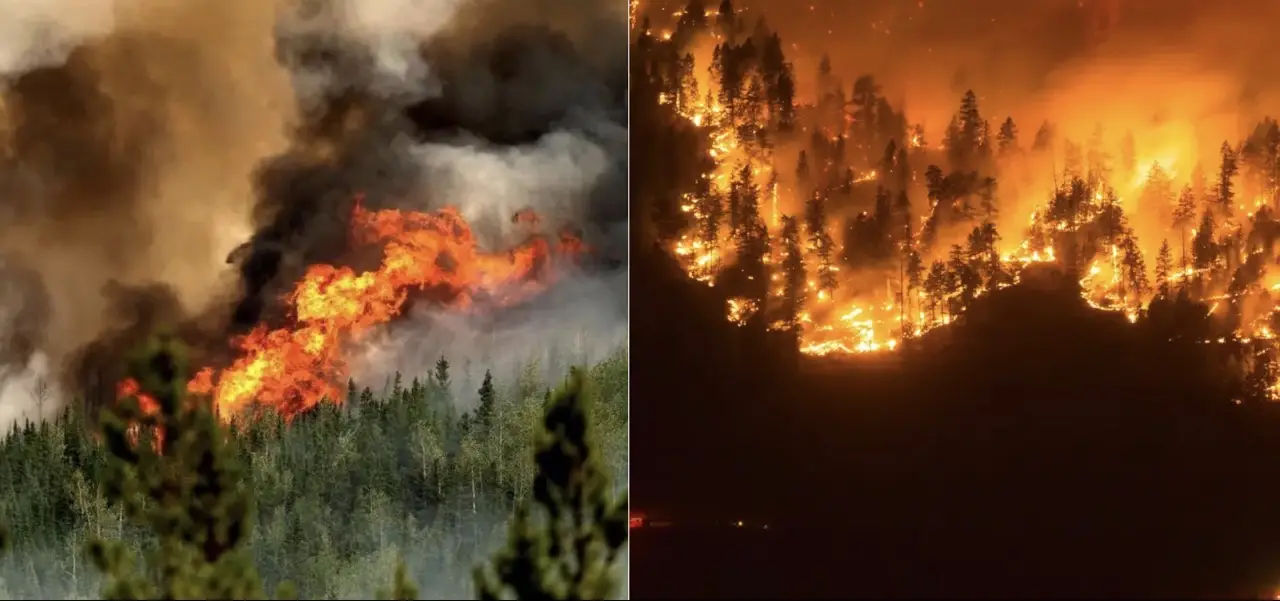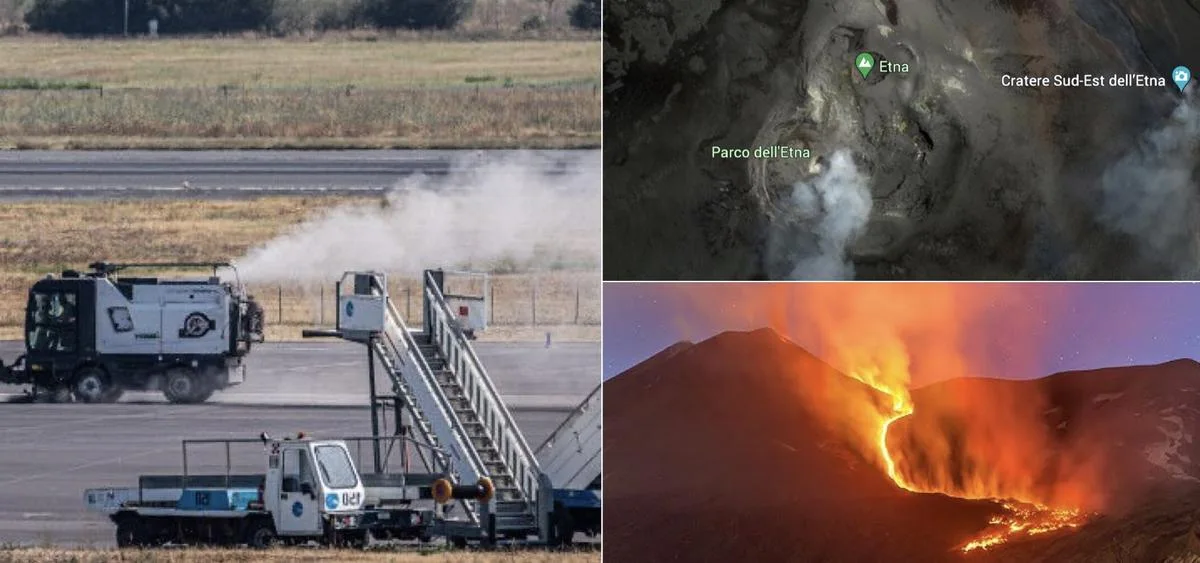Global Efforts to Preserve Our Planet Confronting the Impact of Human Activities on Nature’s Future on World Nature Conservation Day 2023

Credit: Google
In a world grappling with the consequences of human activities, the state of our planet’s biodiversity stands at a crossroads. Wildlife populations are dwindling, ecosystems are under siege, and the very foundation of human existence is threatened. As we examine the daunting statistics and facts, the need for immediate action becomes clear. This article sheds light on the problems we face, the solutions we must adopt, and the celebration of hope as we observe World Nature Conservation Day 2023.

Credit: Google
The Shocking Decline of Earth’s Wildlife
Human over-consumption, population growth, and intensive agriculture have unleashed a global crisis, plunging wildlife populations by an average of 68% between 1970 and 2016, according to World Wildlife Fund’s recent data. The WWF and Zoological Society of London‘s Living Planet Report 2020 reveals the alarming extent of nature’s exploitation and destruction by human hands. From deforestation to intensive agriculture, our actions have triggered an unprecedented ecological crisis.

Credit: Google
Latin America and the Caribbean face the most alarming drop, with vertebrate wildlife populations declining by an average of 94%. Reptiles, fish, and amphibians in the region bear the brunt of the impact due to overexploitation, habitat fragmentation, and disease. Africa and the Asia Pacific region have also experienced significant declines of 65% and 45%, respectively, while Europe and central Asia have seen a fall of 24%. North America, not immune to the crisis, has recorded a 33% decline in wildlife populations.

The Living Planet Index (LPI), akin to a stock market index of wildlife, paints a grim picture of the sixth mass extinction of life on Earth. Approximately one million species are at risk due to human activity, as highlighted by the UN’s global assessment report in 2019. The destruction of habitats for food production, deforestation, and pollution are among the chief culprits responsible for the rapid decline in biodiversity.
The Threat to Ecosystems and Humanity
The consequences of biodiversity loss extend far beyond wildlife populations.
A staggering 75% of the Earth’s ice-free land has been significantly altered by human activity, and almost 90% of global wetlands have disappeared since 1700. Freshwater areas suffer severe damage, with one in three species in these habitats facing extinction and an average population drop of 84%. Overfishing and plastic pollution are wreaking havoc on the world’s oceans, with live coral cover on reefs nearly halved in the past 150 years.
As we exploit nature’s resources, we distance ourselves from the repercussions of our actions. The growing physical gap between supply and demand obscures the destruction caused by our consumption. Overseas trading exacerbates the problem, leading to increased inequality and environmental destruction, particularly in low to middle-income countries. The abstract nature of these impacts fosters a lack of urgency to make sustainable choices.
The Path to a Sustainable Future
To combat the loss of ecosystems, a nexus approach is essential. Recognizing the interplay between nature, politics, and socioeconomics is critical for crafting effective solutions.

“Regenerating and restoring high-carbon ecosystems like forests and wetlands can help offset the damage. Emphasizing dietary choices, reducing waste, and transitioning to clean energy are vital steps in fostering a sustainable coexistence with nature.“
Global sustainability, regional competition, and economic optimism are three distinct scenarios for the world’s future. Embracing global sustainability, where environmental boundaries are respected, economic development is inclusive, and resources are used responsibly, presents a path towards a hopeful future. Regional competition and economic optimism, on the other hand, threaten to perpetuate environmental degradation, leaving future generations to grapple with its consequences.
Urgent Action for a Resilient Planet
We stand at a critical juncture in human history, where our choices will determine the fate of our planet and its inhabitants. It is not a drill, it is an emergency that demands immediate and comprehensive action. Governments, businesses, communities, and individuals must unite to bring about profound, system-wide change.
Policy-makers must enact stringent environmental regulations and reform harmful policies while valuing nature and its services. By leveraging science, indigenous knowledge, and global cooperation, we can build a resilient future for all living beings. It’s time to recognize that we are not separate from nature; we are intrinsically connected to it. Only by embracing our responsibility as stewards of the Earth can we secure a sustainable tomorrow for generations to come.
World Nature Conservation Day 2023
As we observe World Nature Conservation Day 2023, the urgency of preserving our planet’s delicate ecosystems is more significant than ever. This global movement serves as a platform to raise awareness and inspire collective action. The theme “Forests and Livelihoods: Sustaining People and Planet” amplifies the importance of safeguarding natural resources for future generations.
The history and origin of World Nature Conservation Day may be unknown, but its significance and urgency are crystal clear.

Climate change, pollution, and species endangerment demand our attention, compelling us to take action and reverse the damage done to our planet.
Let us reevaluate our relationship with nature, protect and restore it, and work tirelessly towards a sustainable, just, and secure future for all. As we face one of the greatest challenges of our time, we are also presented with a historic opportunity to create global change, safeguarding not only the environment but also our collective health, wealth, and well-being. Together, we can ensure a thriving planet for generations to come. On this World Nature Conservation Day, let us heed the call and act before time runs out.
RELATED VIDEOS
WEB STORIES FOR YOU
Stay connected with Today On Globe for the latest Global Issues and News Updates.
Explore more related articles at [TOG News / TOG Article]














